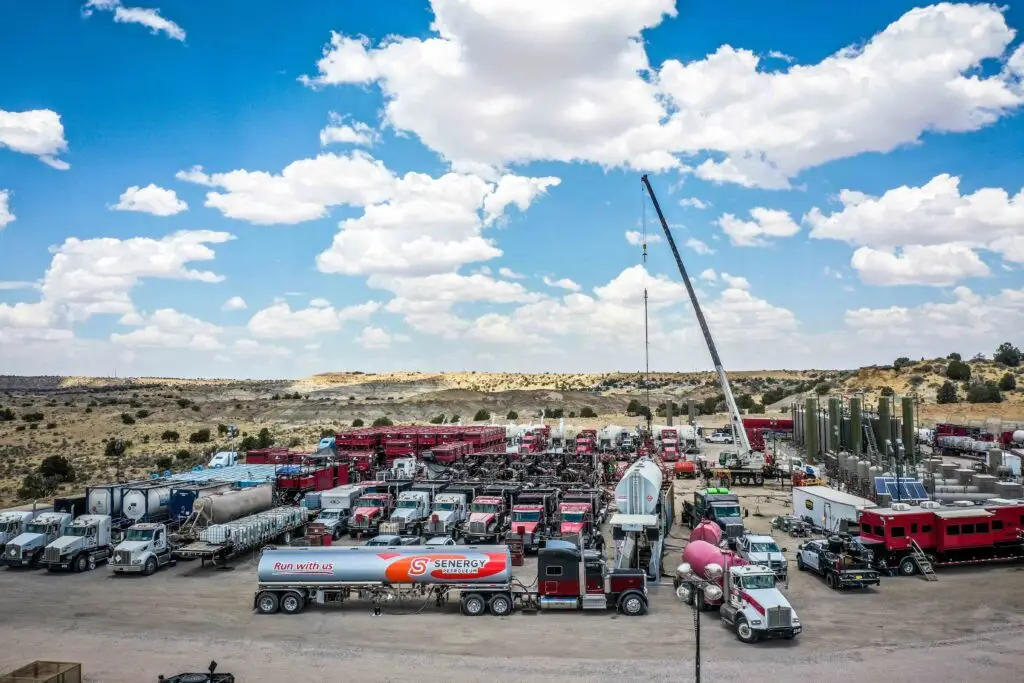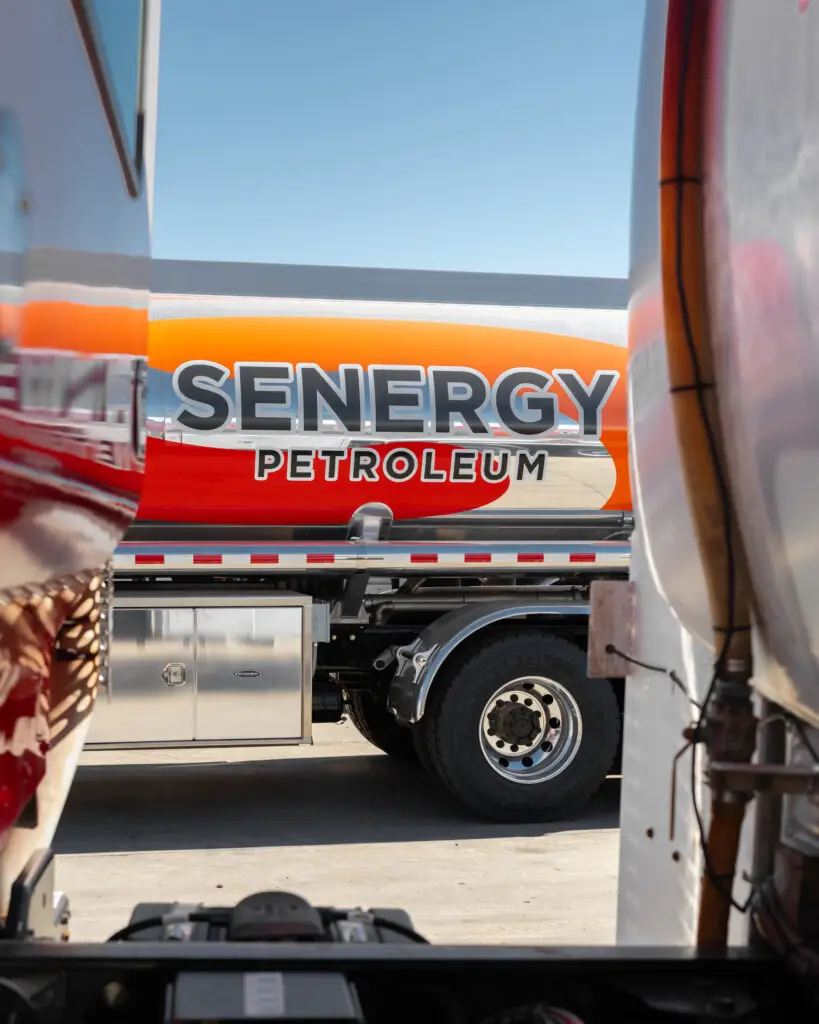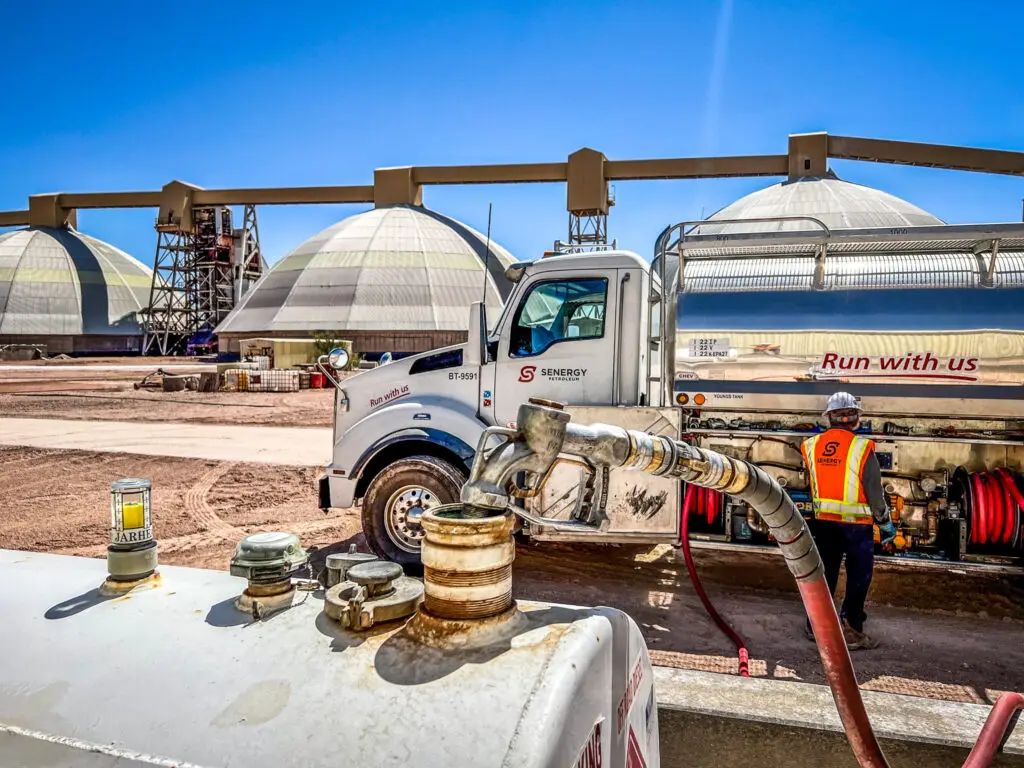The Most Common Fueling Mistakes and How to Avoid Them
Fueling up a vehicle seems straightforward—insert the nozzle, pump the fuel, and you’re good to go.
However, there are common mistakes people make during this routine task, especially when managing a fleet. Even minor fueling errors can lead to costly consequences, such as high repair bills, wasted fuel, and serious safety issues. Whether you’re a single driver or overseeing a fleet, avoiding these frequent errors can save you significant trouble down the road.
Sporadic or improper fueling may not show immediate effects, but over time, it can lead to engine problems, reduced efficiency, or even breakdowns. Spending a few extra minutes to fuel properly can extend your truck’s life by years and help reduce operating costs. In fleet operations, following fueling best practices isn’t just a smart choice—it’s essential.
Mixing Up Fuels: A Costly Mistake
One of the most frequent and dangerous fueling errors is using the wrong type of fuel.
Known as diesel misfuelling, this mistake is more common than you might think. Diesel engines and gasoline engines require completely different fuels, and mixing them can have catastrophic consequences. Using gasoline in a diesel engine strips the diesel of its lubricating properties, causing metal components to grind against each other and resulting in severe engine damage.
The risk becomes even greater when both diesel and gasoline vehicles are part of the same fleet. A momentary lapse in attention at the pump can result in repair costs reaching thousands of dollars. To avoid such costly mistakes, many fleets implement simple preventive measures like color-coded gas caps or clear labels on fuel doors.
Fleet fueling errors like this are entirely preventable with proper attention to detail and effective driver training. A small effort upfront can save significant headaches and expenses in the future.
Overfilling the Tank: More Isn't Better
Many people assume it’s a good practice to fill up just a little more after the nozzle automatically cuts off. They might want to “round up” to the next dollar or believe they’re adding extra miles until the next fill-up.
However, overfilling is a bad practice. Modern fuel systems are designed to stop pumping when the tank is full. Topping off after this point can cause fuel to overflow into the vapor recovery system, leading to costly repairs. Additionally, overfilling can result in spills, wasting fuel unnecessarily.
For fleet managers aiming to minimize waste and maintain predictable fuel expenses, discouraging drivers from topping off is crucial. By stopping at the automatic cutoff, drivers can help avoid unnecessary repairs, maintain consistent fuel tracking, and reduce operational inefficiencies.
Forgetting the Fuel Cap: A Small Thing with a Persistent Weight
It’s surprising how many people overlook something as simple as replacing the fuel cap after refueling. A missing or improperly secured gas cap can trigger the “check engine” light, reduce fuel efficiency, and allow water or debris to enter the fuel system—leading to significant engine issues over time.
In fleet operations, rushing through refueling stops or losing fuel caps are common causes of fueling errors. Fleet managers should emphasize the importance of checking that fuel caps are secure at every stop. Additionally, having a policy in place to quickly replace lost or damaged caps helps maintain the integrity of the fuel system and prevents costly repairs.
Over time, this attention to detail supports better vehicle performance and keeps fleet operations running smoothly.


Choosing the Wrong Fuel Type
Not all gasoline is created equal. In an attempt to save a few cents, some individuals opt for the cheapest fuel they can find. However, lower-priced gas may contain impurities such as dirt, water, or lower energy content, all of which can negatively affect engine performance.
Over time, using poor-quality fuel can result in clogged fuel injectors, inefficient combustion, and more frequent trips to the repair shop. For fleet operations, consistency in fuel quality is essential. Partnering with reliable fuel suppliers and ensuring the use of high-quality fuel eliminates many common issues.
Best practices include verifying supplier reputations, reviewing fuel quality reports, and maintaining facility fuel tanks to prevent the buildup of sludge or water. Cutting corners on fuel costs now can lead to hundreds—or even thousands—of dollars in repairs later.
Engine Operation and Refueling: A Risky Habit
On cold winter mornings, it’s common to see drivers leaving their engines idling while pumping gas. While it may not seem dangerous at first glance, this practice is far from safe. Gasoline vapors are highly volatile, and an idling engine increases the risk of fire or even explosion at the pump.
In fact, it’s against the law in most states to leave an engine running while refueling. For fleet operations, safety procedures must be clear and consistently followed: always turn off the engine before refueling. This simple step protects both drivers and vehicles, and it’s a small act of responsibility that can prevent major incidents.
Good safety habits are built through reminders and consistent practice. In fleet management, where safety is paramount, something as straightforward as turning off the engine during refueling is a critical step toward ensuring smooth operations and protecting assets.
Not Paying Attention While Refueling
In today’s busy world, drivers often treat refueling as a quick pit stop, using the time to check their phones or multitask. However, refueling requires complete attention and caution. Distractions can lead to fuel leaks, choosing the wrong type of fuel, or neglecting essential safety measures—all of which can result in costly errors.
To prevent these issues, it’s crucial to instill a sense of seriousness around refueling. Teaching drivers to approach the task with focus and care is one of the most effective ways to reduce fuel waste and avoid expensive mistakes. Fleet managers can reinforce this mindset by enforcing strict no-distraction policies during refueling and closely monitoring refueling activities.
Incorporating refueling protocols into driver training sessions and scheduling regular refresher courses throughout the year can further support safe and efficient operations. Attention to detail at the pump ensures smoother operations and long-term savings.
Neglecting Scheduled Fuel System Servicing
Even with flawless refueling habits, maintaining the fuel system is essential for optimal vehicle performance. This includes routine replacement of fuel filters, thorough cleaning of injectors, and checking tanks for water contamination. Neglecting these tasks can introduce impurities into the engine, resulting in reduced performance or even engine failure.
Proactive fleet operators make fuel system checks a standard part of their maintenance schedule. A simple filter replacement is far less costly and disruptive than repairing or replacing a damaged injector or fuel pump.
Drivers should also be trained to recognize early warning signs of fuel system issues, such as rough idling, difficulty starting, or declining fuel efficiency. Prompt attention to these minor problems can prevent major repairs and keep vehicles operating smoothly.
Monitoring Fuel Use
One of the biggest mistakes a fleet operator can make is failing to monitor fuel usage. Without tracking, it’s impossible to detect issues such as fuel theft, leaks, or inefficient driving practices. Effective fleet management requires accurate record-keeping and the use of technology, like fuel cards or telematics systems, to track fuel consumption.
Eliminating fuel waste isn’t just about fueling smartly—it’s about knowing exactly where every gallon goes. By monitoring fuel usage closely, you can quickly identify discrepancies, such as unexpected fuel increases, and address them before they become larger problems.
Perhaps a driver needs training on fuel-efficient driving techniques, or maybe there’s a mechanical issue to resolve. Either way, monitoring fuel usage helps protect your bottom line and ensures your fleet stays on the road efficiently.
Small Habits Equal Significant Impact:
Fueling is a daily task, but the habits surrounding it—no matter how small—can have a significant impact on fleet success. By avoiding common fueling errors like diesel misfuelling, overfilling, and neglecting maintenance, you can keep vehicles running smoothly, drivers safe, and costs down.
Implementing proper fueling systems, using common sense, and providing driver training can eliminate most fueling errors. Consistent attention to good fueling practices not only helps protect assets but also improves fleet performance and builds a strong reputation.
Smart fueling practices—whether it’s saving fuel or preventing engine damage—are among the most critical factors in operating an efficient fleet.



